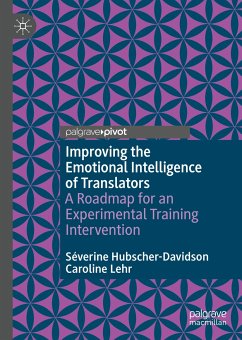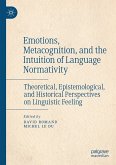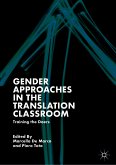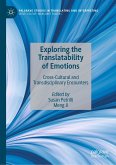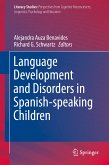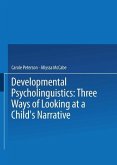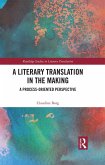This book provides a unique roadmap for the design of an effective emotional intelligence (EI) intervention adapted to the needs of translators. Building on the growing interest in understanding the impact of translators' emotions on their work, this book is the first to outline the key components of an 18-hour training intervention based on a sound theoretical basis and aiming to improve translators' emotional competencies. Following a detailed review of the relevant literature in both translation studies and psychology, the book demonstrates the importance of soft skills for translators' wellbeing, psychological health, and work performance. A number of important elements that need to be considered when designing an evidence-based intervention are discussed, such as appropriate safeguards, theory-based activities, psychometric measures, individual difference variables, and suitable coaching techniques. The book concludes with a discussion of other relevant aspects, such as the role of culture in EI interventions and promising areas for further study. It will appeal to students and scholars of translation studies, researchers interested in personality, occupational and developmental psychology, as well as professional translators and their representative bodies.
Dieser Download kann aus rechtlichen Gründen nur mit Rechnungsadresse in A, B, BG, CY, CZ, D, DK, EW, E, FIN, F, GR, HR, H, IRL, I, LT, L, LR, M, NL, PL, P, R, S, SLO, SK ausgeliefert werden.

